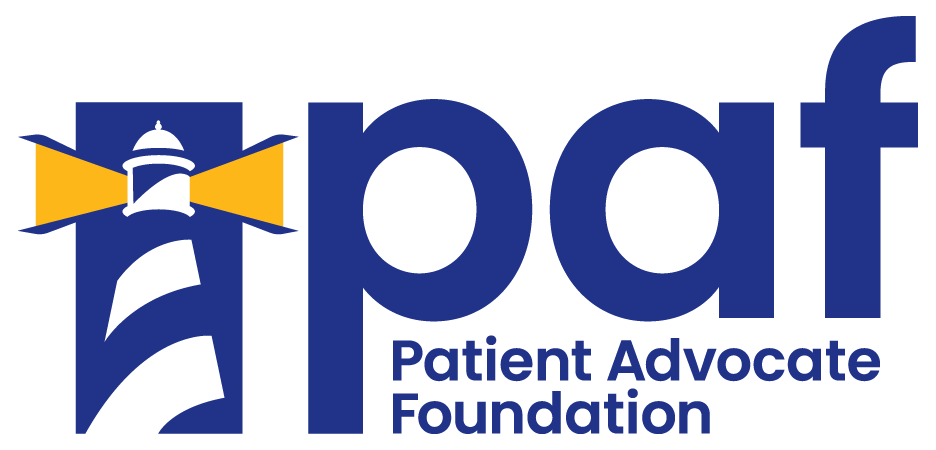Preventive Healthcare
Preventive healthcare services are now covered under the Affordable Care Act. Offering free annual preventive healthcare visits for patients will hypothetically lower healthcare costs and improve health across the nation. The thought is that if you find a disease in a patient early and are able to treat it, not only will you prevent the disease from progressing, you’ll save money on treatment, and you’ll prevent pain and suffering down the road.
There are three levels of Preventive Care. Primary prevention occurs through education and awareness on a very basic level. This includes general knowledge about nutrition, the importance of exercise and safe preventive practices like the dangers of smoking or unsafe sex. Immunization against infectious diseases also falls under this category.
Secondary prevention includes intervention after a patient has already been diagnosed. The purpose is to manage the illness before it worsens. This includes taking regular exams and screening tests for patients with known risk factors for illness, including mammograms for those who carry the BRCA1 and BRCA2 gene.
Tertiary prevention allows patients with long-term health problems programs to help manage their disease. This includes patient support groups, cardiac or stroke rehabilitation programs, as well as other health management services.
So what exactly qualifies as “preventive healthcare” in the eyes of the Affordable Care Act and what will be covered by your insurance provider?
As an adult, you are entitled to the following preventative services without having to pay a copayment or co-insurance to meet your deductible.
• Abdominal Aortic Aneurysm- one-time screening for men of specified ages who have ever smoked
• Alcohol Misuse- screening and counseling
• Aspirin- use for men and women of certain ages
• Blood Pressure- screening for all adults
• Cholesterol- screening for adults of certain ages or at higher risk
• Colorectal Cancer- screening for adults over 50
• Depression- screening for adults
• Type 2 Diabetes- screening for adults with high blood pressure
• Diet- counseling for adults at higher risk for chronic disease
• HIV- screening for all adults at higher risk
• Immunization vaccines for adults- doses, recommended ages, and recommended populations vary:
• Hepatitis A, Hepatitis B, Herpes Zoster, Human Papillomavirus, Influenza, Measles, Mumps, Rubella, Meningococcal, Pneumococcal, Tetanus, Diphtheria, Pertussis, and Varicella
• Obesity- screening and counseling for all adults
• Sexually Transmitted Infection (STI)- prevention counseling for adults at higher risk
• Tobacco Use- screening for all adults and cessation interventions for tobacco users
• Syphilis- screening for all adults at higher risk
As a woman, you are entitled to the following 22 preventive services through your health insurance plan. This includes Marketplace and Medicaid coverage.
• Anemia- screening on a routine basis for pregnant women
• Bacteriuria- urinary tract or other infection screening for pregnant women
• BRCA- counseling about genetic testing for women at higher risk
• Breast Cancer Mammography- screenings every 1 to 2 years for women over 40
• Breast Cancer Chemoprevention- counseling for women at higher risk
• Breastfeeding- comprehensive support and counseling from trained providers, as well as access to breastfeeding supplies, for pregnant and nursing women
• Cervical Cancer- screening for sexually active women
• Chlamydia Infection- screening for younger women and other women at higher risk
• Contraception- Food and Drug Administration-approved contraceptive methods, sterilization procedures, and patient education and counseling, not including abortifacient drugs
• Domestic and interpersonal violence- screening and counseling for all women
• Folic Acid- supplements for women who may become pregnant
• Gestational diabetes- screening for women 24 to 28 weeks pregnant and those at high risk of developing gestational diabetes
• Gonorrhea- screening for all women at higher risk
• Hepatitis B- screening for pregnant women at their first prenatal visit
• Human Immunodeficiency Virus (HIV)- screening and counseling for sexually active women*
• Human Papillomavirus (HPV) DNA Test- high risk HPV DNA testing every three years for women with normal cytology results who are 30 or older
• Osteoporosis- screening for women over age 60 depending on risk factors
• Rh Incompatibility- screening for all pregnant women and follow-up testing for women at higher risk
• Tobacco Use- screening and interventions for all women, and expanded counseling for pregnant tobacco users
• Sexually Transmitted Infections (STI)- counseling for sexually active women
• Syphilis- screening for all pregnant women or other women at increased risk
• Well-woman visits- to obtain recommended preventive services
Most health plans must cover a set of preventive health services for children at no cost when delivered by an in-network provider. This includes Marketplace and Medicaid coverage.
• Alcohol and Drug Use- assessments for adolescents
• Autism- screening for children at 18 and 24 months
• Behavioral- assessments for children of all ages
• Blood Pressure- screening for children
• Cervical Dysplasia- screening for sexually active females
• Congenital Hypothyroidism- screening for newborns
• Depression- screening for adolescents
• Developmental- screening for children under age 3, and surveillance throughout childhood
• Dyslipidemia- screening for children at higher risk of lipid disorders
• Fluoride Chemoprevention- supplements for children without fluoride in their water source
• Gonorrhea- preventive medication for the eyes of all newborns
• Hearing- screening for all newborns
• Height, Weight and Body Mass Index measurements for children
• Hematocrit or Hemoglobin- screening for children
• Hemoglobinopathies- or sickle cell screening for newborns
• HIV- screening for adolescents at higher risk
• Immunization vaccines for children from birth to age 18- doses, recommended ages, and recommended populations vary:
• Diphtheria, Tetanus, Pertussis, Haemophilus influenzae type b, Hepatitis A, Hepatitis B, Human Papillomavirus, Inactivated Poliovirus, Influenza, Measles, Mumps, Rubella, Meningococcal, Pneumococcal, Rotavirus, Varicella
• Iron- supplements for children ages 6 to 12 months at risk for anemia
• Lead- screening for children at risk of exposure
• Medical History- for all children throughout development
• Obesity- screening and counseling
• Oral Health- risk assessment for young children
• Phenylketonuria (PKU)- screening for this genetic disorder in newborns
• Sexually Transmitted Infection (STI)- prevention counseling and screening for adolescents at higher risk
• Tuberculin- testing for children at higher risk of tuberculosis
• Vision- screening for all children
Preventive medicine aims to protect, promote and maintain wellness and health for all Americans. By taking advantage of preventive services annually, the hope is that patients will be healthier nationwide. For more information about preventive services and the Affordable Care Act, visit. www.healthcare.gov.










